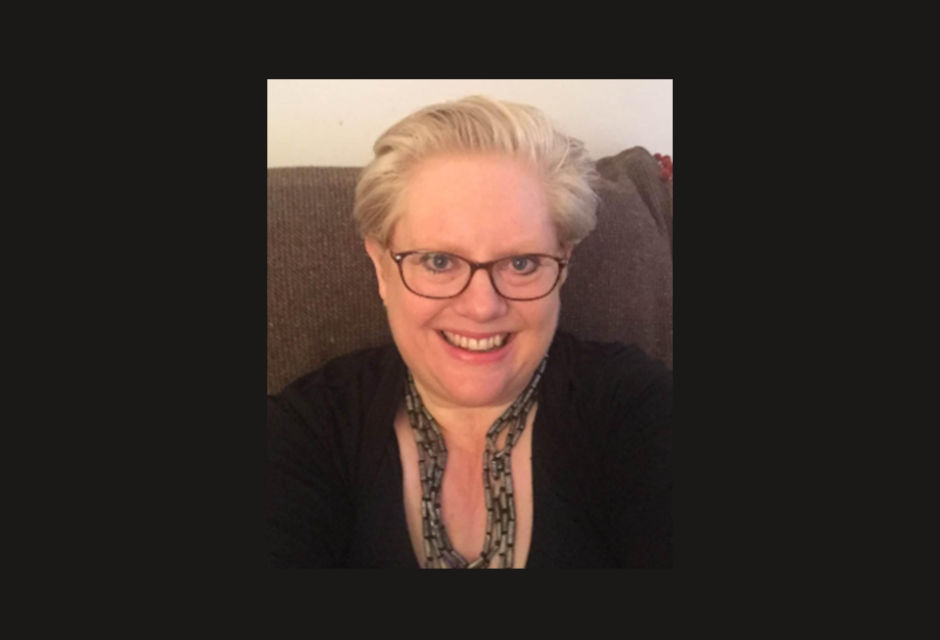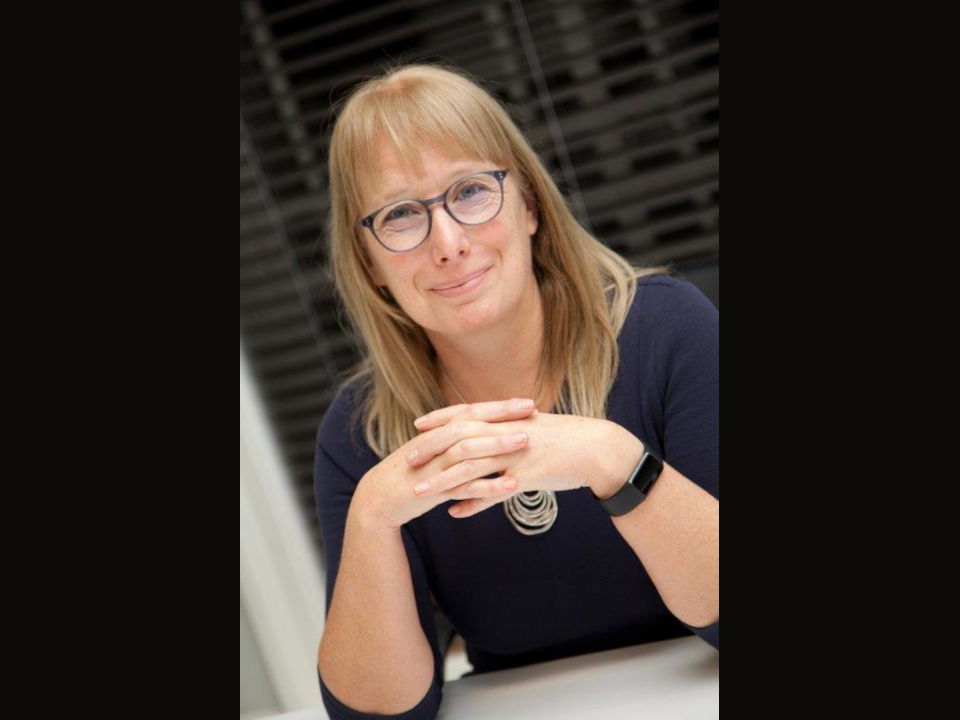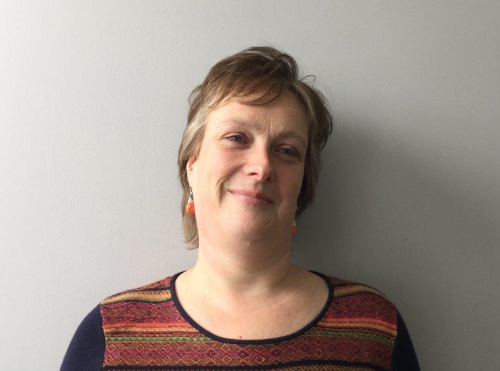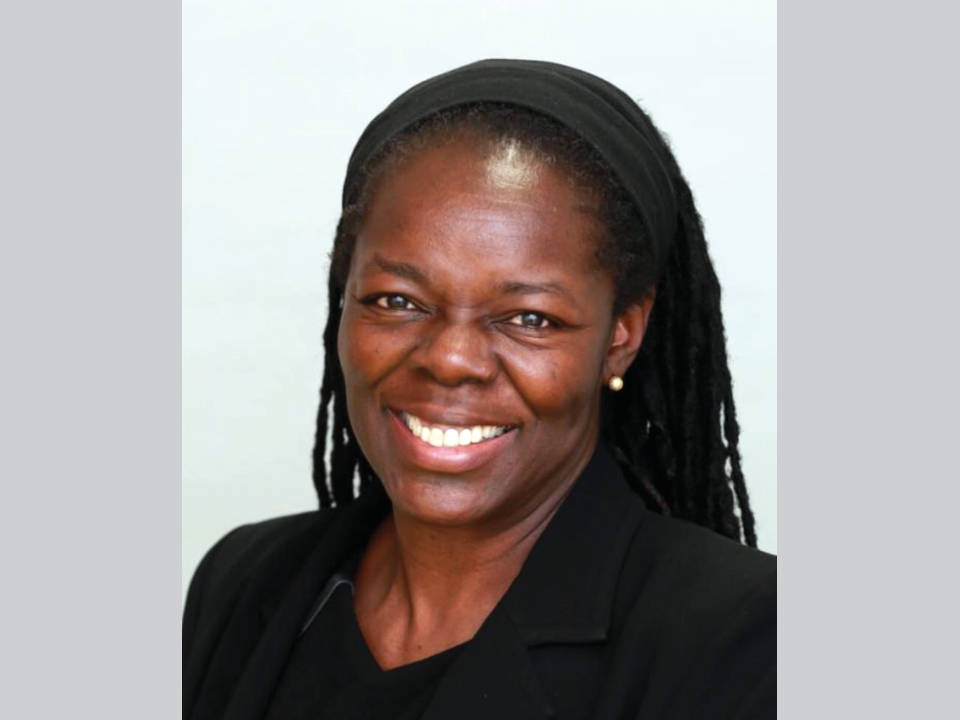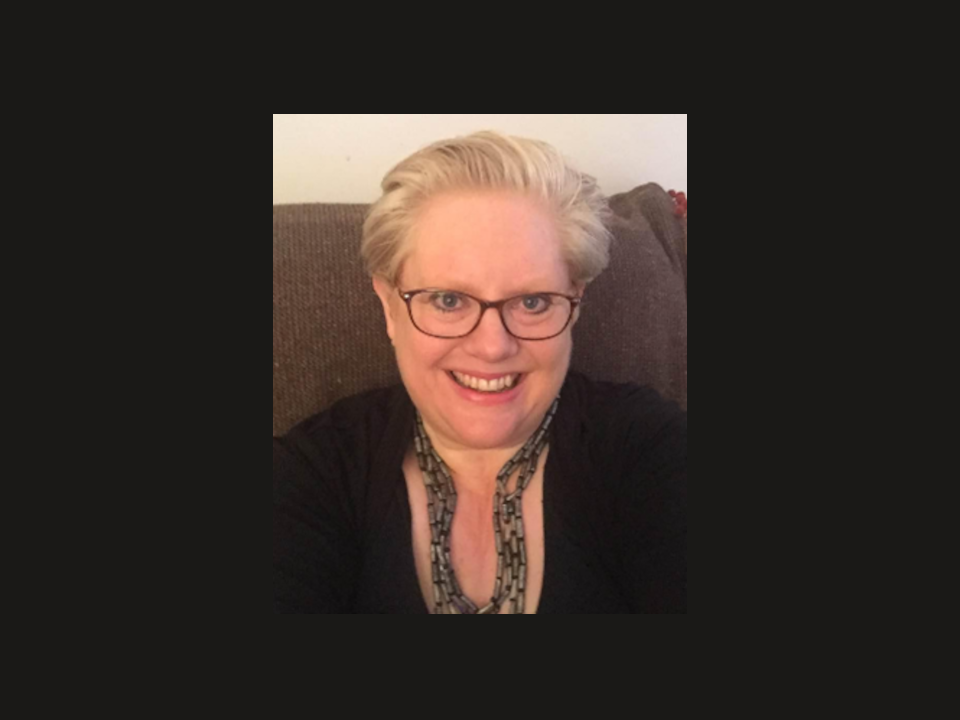
Dr Jo Sullivan-Lyons
Vice Chair, Education Policy Committee
Strategic Lead for SEND and Inclusion Consultant, Barnet Education and Learning Service
The UN Convention on the Rights of the Child Article 12 reflects the deep commitment shared by all who work with, or for, children and young people to ensuring that their voice is fundamental to our efforts:
“Every child has the right to express their views, feelings and wishes in all matters affecting them, and to have their views considered and taken seriously."
However, we know that many children have difficulty expressing themselves and understanding everyday language; these are significant barriers to children having a voice in shaping their own support plans and accessing the services designed to help them.
The Royal College of Speech and Language Therapists (RCSLT) report that over half of children starting school have language delay. Poor communication skills are closely linked to social deprivation, which in turn increases the likelihood of the need for support from Early Help and Children’s Social Care. Therefore, the most vulnerable children are also the most likely to face difficulties in communicating their views and needs.
Similarly, evidence suggests that 66-90% of young offenders have low language skills; 46-67% of these are in the poor or very poor range. Speech, language, and communication needs (SLCN) increase the risk for this vulnerable group and affects their ability to navigate the criminal justice system, as well as their likelihood of reoffending.
The national SEND and AP Change Programme Partnership has prioritised early intervention for language difficulties, with nine regional partnerships piloting the Early Language Support for Every Child (ELSEC) programme. Its impact has been so positive that funding for ELSEC has been extended and broadened to include more local authorities through the Change Programme Partnership.
It has been a great privilege to be involved in the ELSEC programme in Barnet. The initiative focuses on training staff to better identify and support children with speech, language, and communication needs.
To date, 49 early years and school settings have participated in Barnet, with nearly 400 staff trained and over 4,500 children supported. Survey data revealed that one-third of staff, who participated in the programme, had never received any training on how to support children with SLCN, and another third had not accessed any relevant training in the past year - highlighting a significant need for professional development in this area.
However, recruiting Speech and Language Therapists (SLTs) remains a national challenge. In response, the ELSEC programme takes a different approach by employing a team made up of six Speech and Language Therapy Assistants (SLTAs), supported by two SLTs.
As part of the programme, SLTAs work directly within settings to support teaching staff working with children aged 2–11. Their role includes providing staff with whole-class communication strategies and helping staff set up targeted intervention groups for children who need additional support.
The ELSEC model in Barnet offers a short block of intensive support followed by regular follow-up sessions. As a result, teaching staff have been trained to screen children’s communication skills using a locally developed tool. Over 3,000 children have been screened. The data demonstrates that 49% of children have SLCN, in line with evidence from RCSLT.
Encouragingly, over 90% of children who took part in targeted group interventions in Barnet showed progress toward the group's aims - whether that’s in improved curriculum vocabulary knowledge, increased turn-taking and problem-solving skills, or enhanced understanding and use of key concepts.
In addition, more than 85% of staff reported increased confidence in identifying and supporting children’s speech and language needs.
The ELSEC programme shows how innovative, early support models can empower education staff, strengthen provision, and improve outcomes for children with SLCN, making the vision of capturing young people’s voice a reality.


